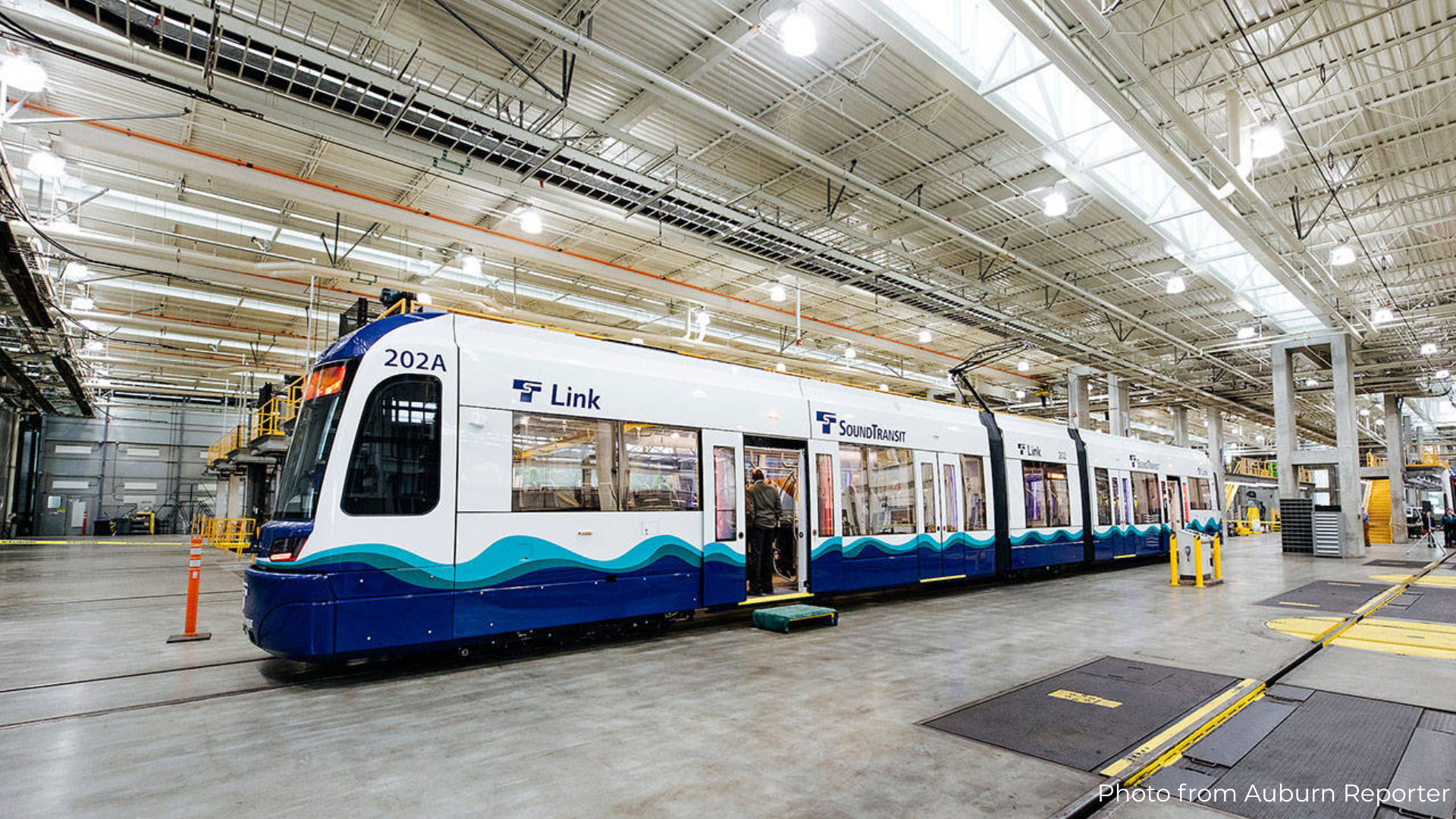In a recent poll conducted for Washington Policy Center, only 31% of Washington voters supported the idea of replacing the state gas tax with a per-mile charge, with 61% opposed to the idea. The results suggest efforts in Olympia to implement a Road Usage Charge (also known as a mileage tax) face an uphill battle in gaining public support.

The poll was conducted by phone by the Moore Information Group in the first week of December and included 500 statewide participants, with a margin of error +/- 4 percent. Participants were fairly spread out across the political spectrum, with 23% Republican, 32% Democrat, 33% Independent, and 11% something else. About 38% of participants said they reside inside Seattle, and 62% outside of Seattle.
In 2017, the Washington State Transportation Commission conducted a similar survey of about 600 statewide residents, with the same margin of error of +/- 4 percent. They, too, found that a majority of people (58%) opposed implementing a RUC in Washington state (see image below). In other words, despite years of promoting the RUC, conducting a pilot in 2018, and supporting legislation year after year that tried to implement the RUC on selected vehicle fleets, public opinion of the RUC appears to have slightly worsened.

RUC advocates say that experience matters, and that support increased among those who participated in the pilot project. Three surveys were conducted during the pilot project. Between the first and last survey, support for implementing a RUC as a replacement to the gas tax increased from 51% to 72%. These numbers should be taken with a grain of salt, however. Participants in the pilot were already interested in the RUC in some way, and 51% already had a favorable viewpoint going in. Compare this to the 32% of supportive participants in the stratified random survey prior to the pilot shown above.
Additionally, it can be inferred that most of the increase in support from the beginning to the end of the pilot came from the 32% of pilot participants who were uncertain of their position.

The argument that the mileage tax must be tried first in order to understand why it's worth supporting is not practical. If a RUC is implemented and people don't like it, should we get rid of it? That would simply never happen. Once a RUC is implemented, it will not be removed even if public support plummets.
This highlights the importance of getting RUC right from the start, rather than rushing it through the way we have seen lawmakers try to do over the last few years.






